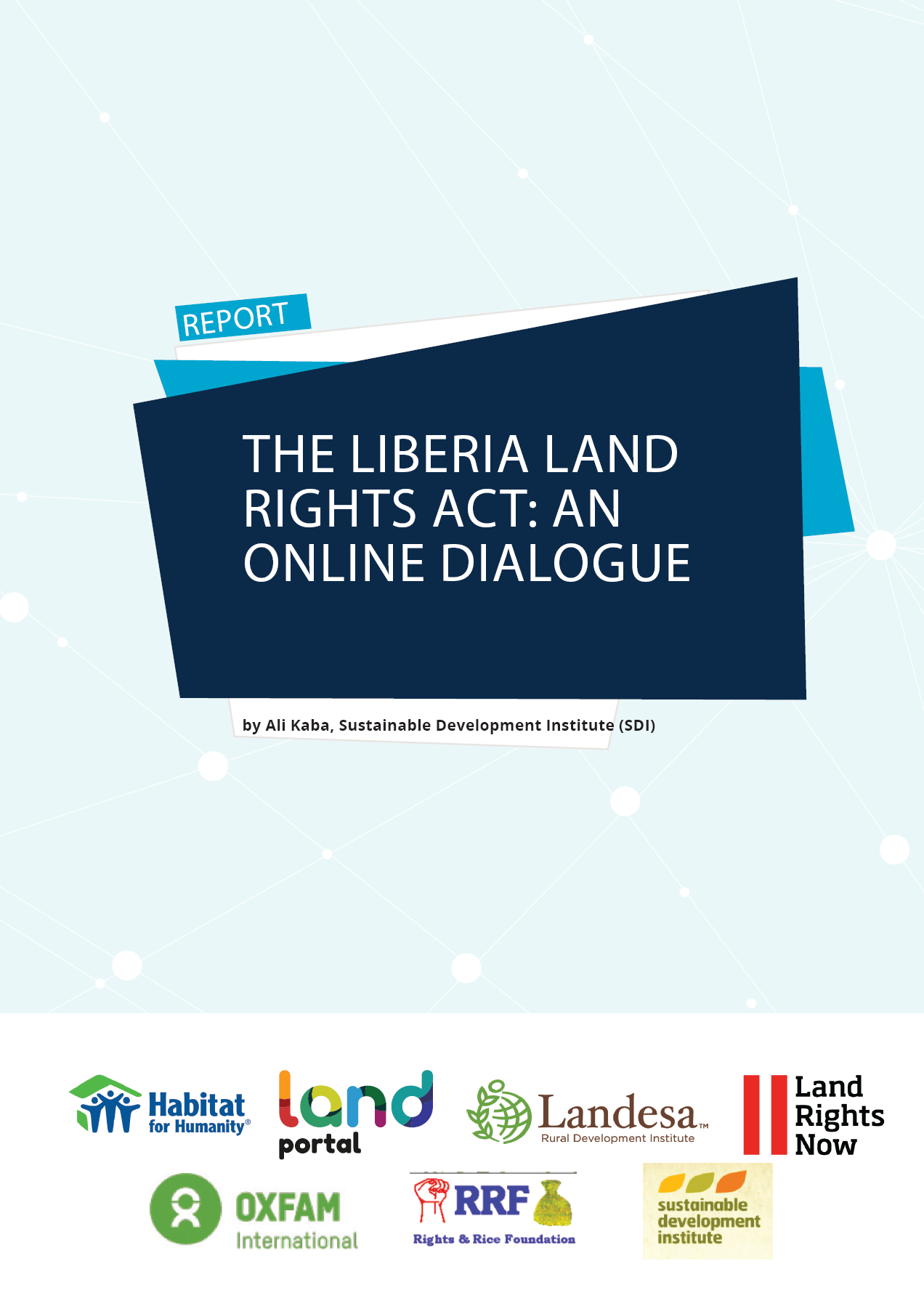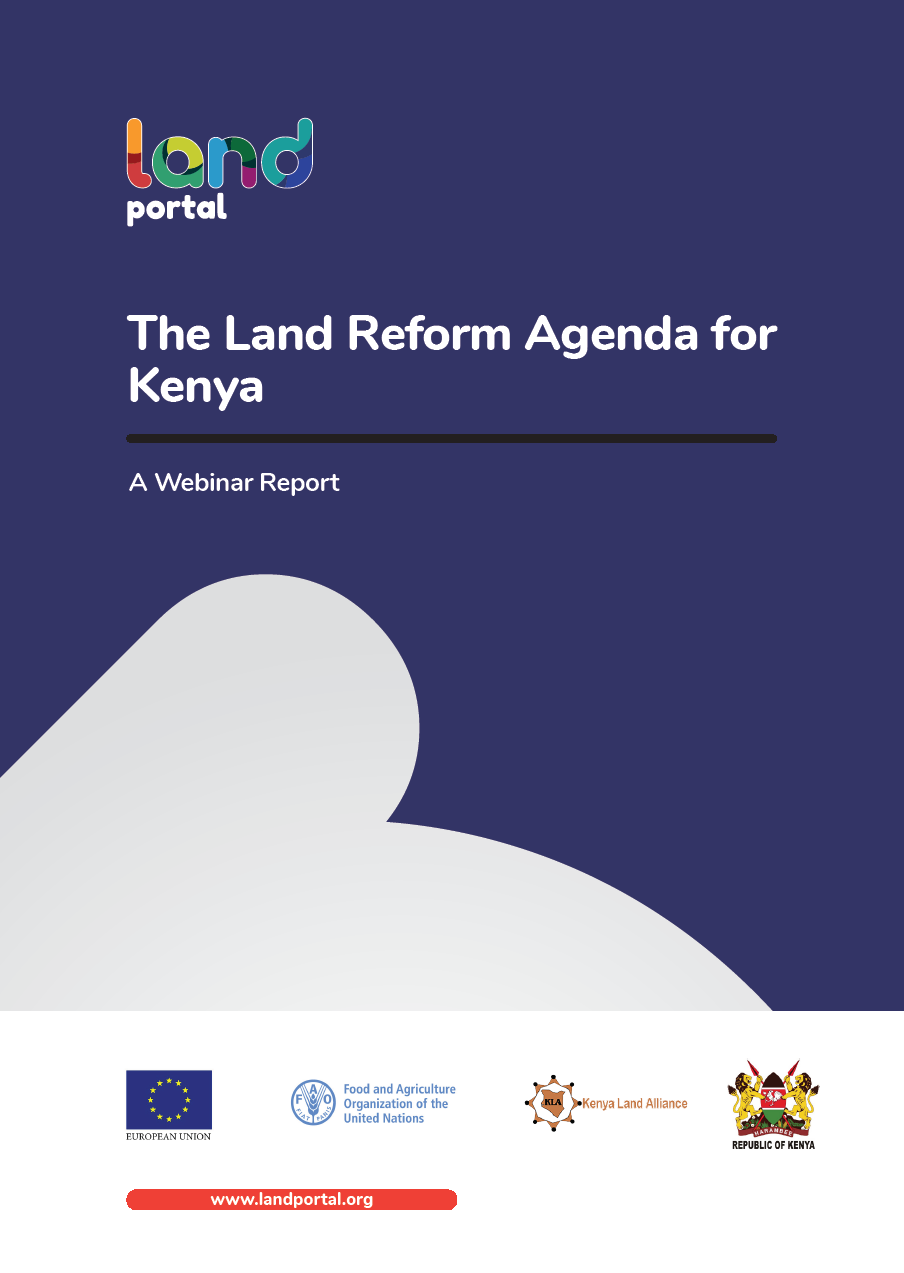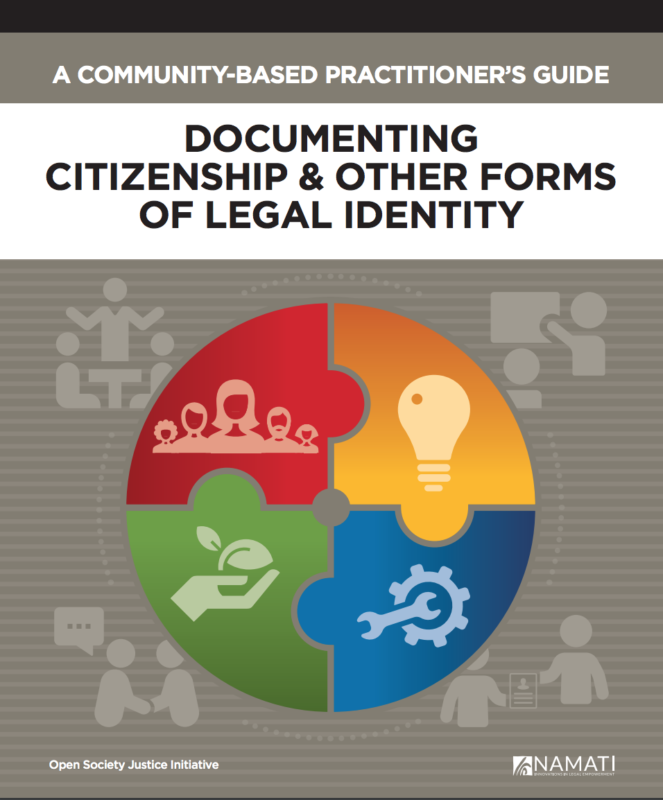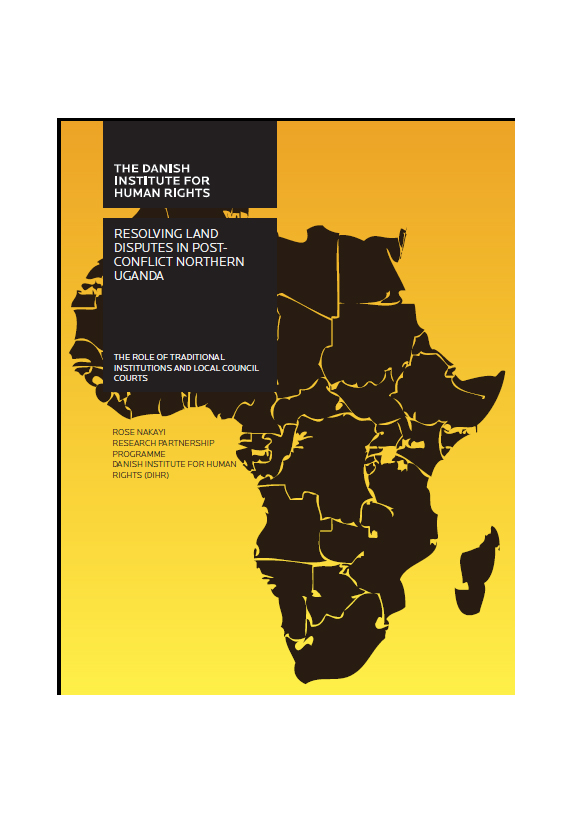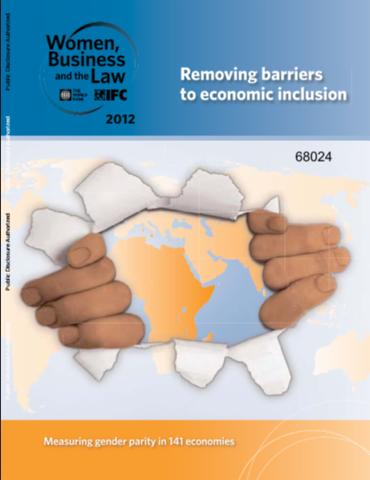Women’s Land Access in Post-Conflict Rwanda: Bridging the Gap between Customary Land Law and Pending Land Legislation
Contains sections on the effects on women of Rwanda’s civil war, the legal system, the gap between customary law and land legislation, research findings about Rwandan women’s rights, a number of dispute case studies, including methods of dispute settlement. Argues that a gap exists between customary and modern legal systems, creating both land access opportunities and constraints for women. Demonstrates the creativity with which women are bridging that gap in a state of legal uncertainty.


